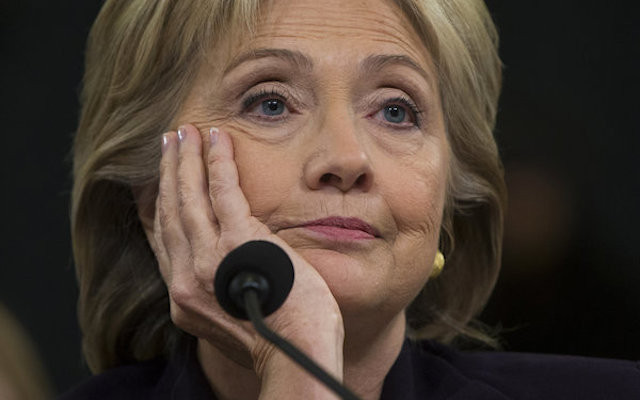It seems every day brings more good news for landowners battling carbon-capture pipelines.
(Article by Rebecca Terrell republished from
TheNewAmerican.com)
A federal agency that regulates pipeline safety standards has sent a
letter to three major companies, explaining that state and local governments — not the federal government — have final say over the location and routing of their projects.
The
letter, addressed to the heads of Navigator CO
2 Ventures, Summit Carbon Solutions, and Wolf Carbon Solutions, clarifies the role of the federal Pipeline and Hazardous Materials Safety Administration. Since 1991, PHMSA has regulated “the design, construction, operation and maintenance” of pipelines, but Congress never gave it authority over where pipelines are placed.
Only in the case of gas transmission pipelines can the Federal Energy Regulatory Commission regulate siting. But “there is no equivalent federal agency that determines siting of all other pipelines.”
The agency’s associate administrator for pipeline safety, Alan Mayberry, also explained that each state treats pipelines differently. He advised the companies to deal directly with each locality and state in the construction process.
But
recent news from at least two of the affected states has been grim for pipeline firms. Both of the Dakotas’ public utilities commissions have recently denied permit applications, and various counties have also implemented strict setback ordinances and other prohibitions.
Though this is good news for private landowners threatened with eminent-domain land grabs, the fight is far from over.
Congress has
approved billions in federal subsidies to develop carbon-capture and storage technologies, including $2.1 billion to fund low-interest loans for CO
2 pipeline expansion.
Moreover, the Biden administration is urging Congress to establish federal siting authority over carbon-capture pipelines, according to a June 2 Congressional Research Service
report.
However, for now at least, states and localities still
hold sway. In both the Dakotas, as well as in Minnesota and Iowa, state commissions retain siting authority. Nebraska is unique because individual counties call the shots. In each state, counties may establish setbacks.
The irony is that these regulators have run into a problem of semantics.
Because the federal government regulates pipeline safety, local ordinances that establish setback distances or other parameters cannot mention
safety as the impetus of the regulation. Those that do will meet pushback in the courts, which claim preemption of federal law.
One county commission chair told South Dakota’s
Argus Leader in a July
interview: “We can’t write this up as safety, but that’s what it’s all about: safety for our residents in the county [and] for their livelihood.”
But, then again, when did anything involving the federal bureaucracy make sense?
Read more at:
TheNewAmerican.com
 Parler
Parler Gab
Gab










